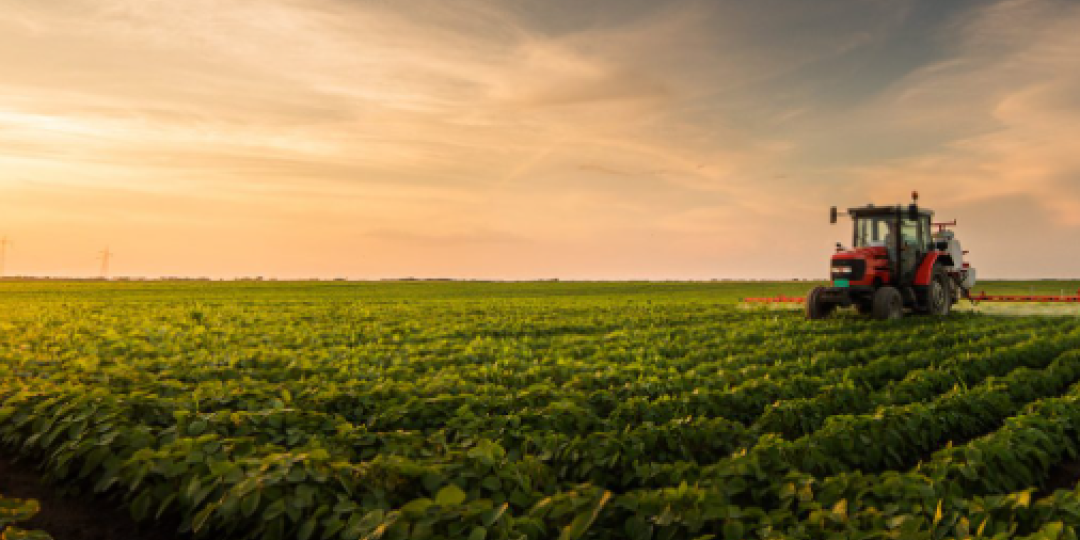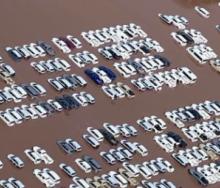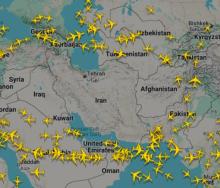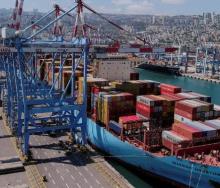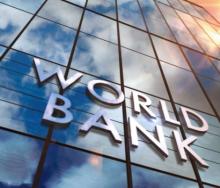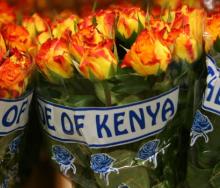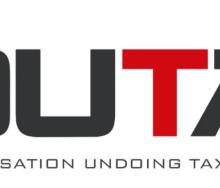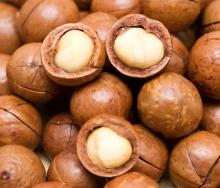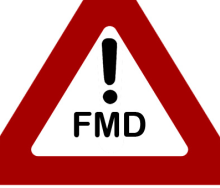Mozambique’s far north-east province of Cabo Delgado, usually in the news for its liquid natural gas (LNG) boom and terror insurgency, which appears to be under control, is closing in on a strong agricultural harvest requiring effective logistical support.
According to Rádio Moçambique (RM), Cabo Delgado hopes to market over 1.3 million tonnes of various agricultural products, including food and cash crops.
The provincial director of Industry and Commerce, Nocif Magaia, has indicated that this figure would represent a 5% increase, compared with the previous harvesting season.
Magaia said everything was ready to benefit from Cabo Delgado’s agricultural output, provided all else was in place, such the ability to bring agricultural produce to market.
RM said there were concerns about the ongoing rains in the central and southern parts of the province.
The displacement of residents by terrorism is also not entirely resolved, although insurgency seems to be under control.
The country’s military, Forças Armadas de Defesa de Moçambique, has been combating insurgency in Cabo Delgado with international support from organisations such as the Southern African Development Community (SADC), the United States, European Union and others providing military and intelligence training.
The Mozambican government has been criticised for its handling of the insurgency crisis, which had destabilised economic activity in Cabo Delgado, with concerns about the military-centric approach, the need to address political alienation and grievances, and the importance of positive relations with civilians and providing alternatives to potential recruits.
Consequently, the government has been encouraged to demonstrate greater accountability for security forces, improve local governance, and address the socioeconomic, and political drivers of the conflict.
The intervention of SAMIM (Southern African Development Community Mission in Mozambique) and Rwanda Defence Force in July 2021 marked a turning point in the conflict, enabling a return to gas exploration and agricultural production.
According to Magaia, the harvesting season starting this week could reduce the food prices currently seen in the province.
Agricultural output in Cabo Delgado could generate over MZN8 billion, about $125.5 million.
Cereals, legumes, roots, tubers, cashew nuts and cotton are among the products that will dominate the harvest.
